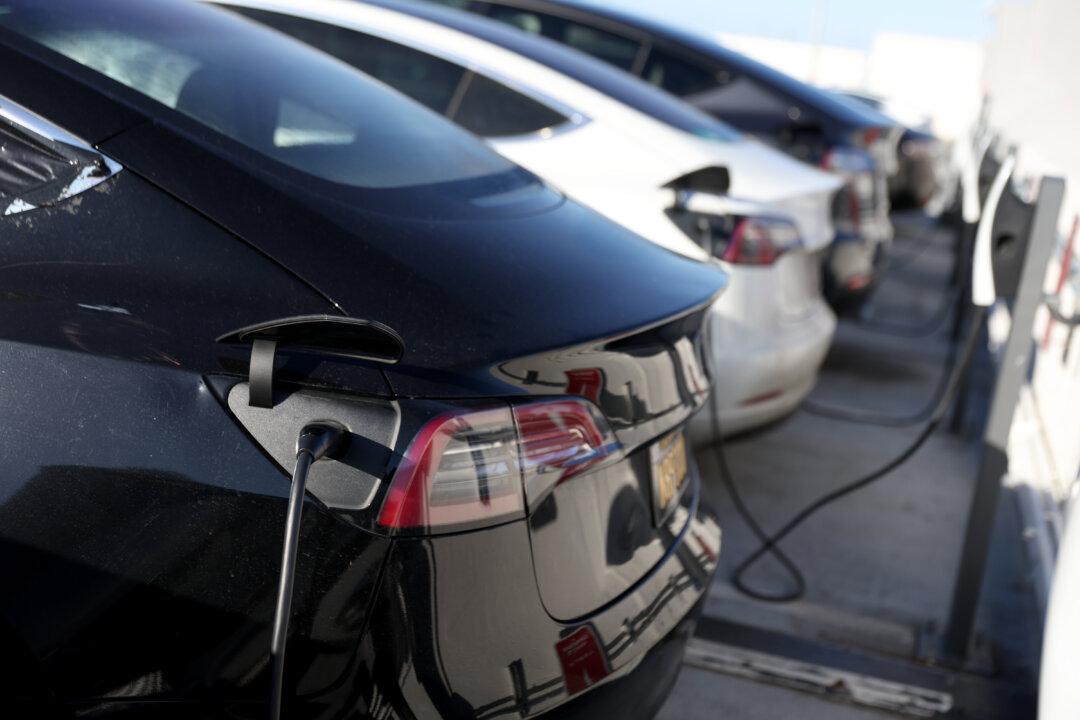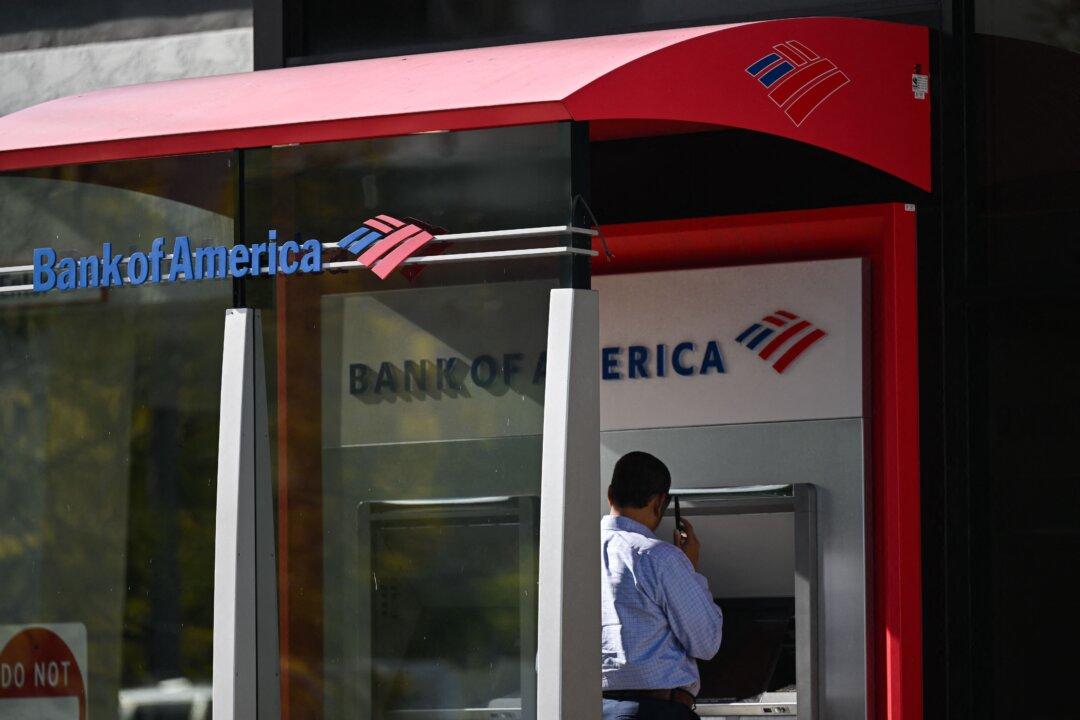Commentary
Before California’s government imposed its zero-carbon by 2035 vehicle mandate, it first should have assured itself a secure market in cobalt. Otherwise, the main beneficiary will be the People’s Republic of China, which dominates the market in cobalt, a key mineral needed for batteries.





